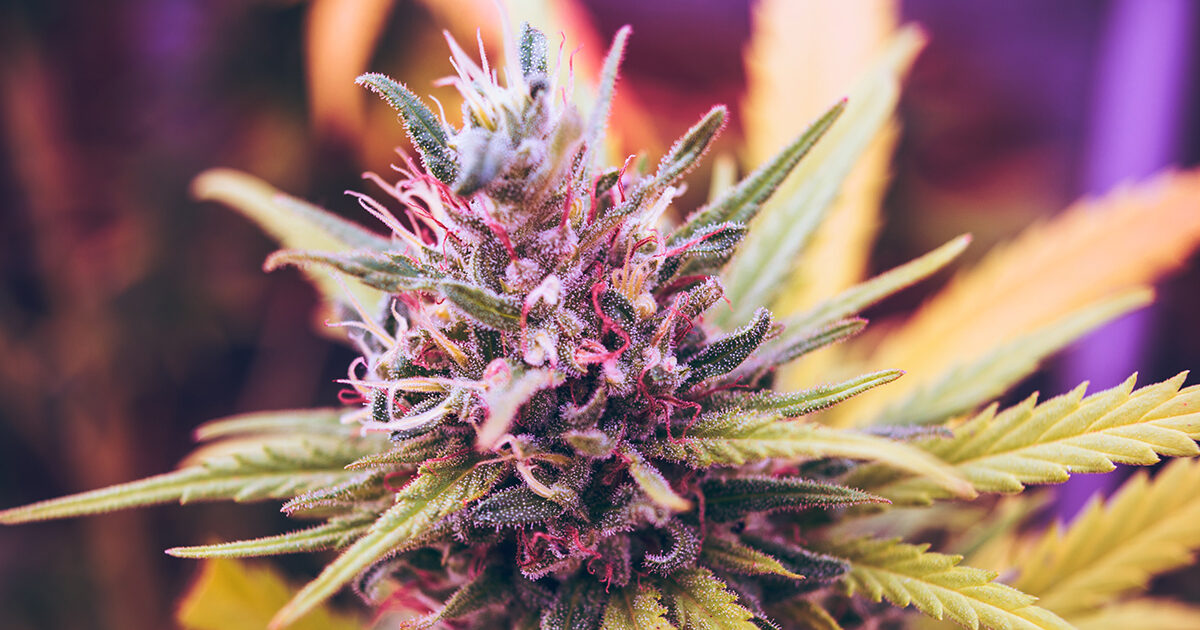The relationship between cannabis and mental health has been a subject of both curiosity and controversy, with ongoing efforts to break down the stigma surrounding the plant’s impact on psychological well-being. As societal perceptions evolve, a nuanced understanding of how cannabis interacts with mental health is emerging.
1. Anxiety and Stress Reduction: Cannabis is often associated with anxiety relief and stress reduction. Certain strains, particularly those high in CBD, are sought after for their potential to promote relaxation without the psychoactive effects associated with THC. However, individual responses can vary, and excessive THC intake may exacerbate anxiety in some individuals.
2. PTSD and Trauma: The therapeutic potential of cannabis for conditions such as post-traumatic stress disorder (PTSD) has garnered attention. Some individuals report that cannabis can help alleviate symptoms of trauma, providing a potential alternative or complementary approach to traditional treatments.
3. Depression and Mood Disorders: Cannabis’s impact on mood is complex, with both positive and negative outcomes reported. While some users find that certain strains contribute to mood elevation, others may experience heightened anxiety or changes in mood. The interaction between cannabinoids and an individual’s unique biochemistry plays a significant role in determining these effects.
4. Psychosis and Schizophrenia: The relationship between cannabis use and psychosis or schizophrenia has been a topic of debate. Research suggests that heavy cannabis use, particularly in vulnerable individuals, may be associated with an increased risk of psychosis. However, the causation remains complex, and individual susceptibility factors are crucial in understanding these potential links.
5. Cannabinoid Therapeutics: Ongoing research explores the use of cannabinoids in the development of therapeutic interventions for mental health disorders. CBD, in particular, is being investigated for its anti-anxiety and antipsychotic properties. Clinical trials are underway to determine the efficacy of cannabinoids in treating various mental health conditions.
Breaking the Stigma: Breaking the stigma surrounding cannabis and mental health involves fostering open and informed discussions. Recognizing that individual responses vary, understanding the potential risks, and promoting responsible use contribute to a more nuanced and destigmatized perspective on cannabis’s impact on mental health.
In conclusion, “Cannabis and Mental Health: Breaking the Stigma” emphasizes the need for a balanced and evidence-based approach to understanding how cannabis interacts with mental well-being. By promoting informed conversations, acknowledging individual differences, and advancing research in this field, society can work towards destigmatizing the relationship between cannabis and mental health.

